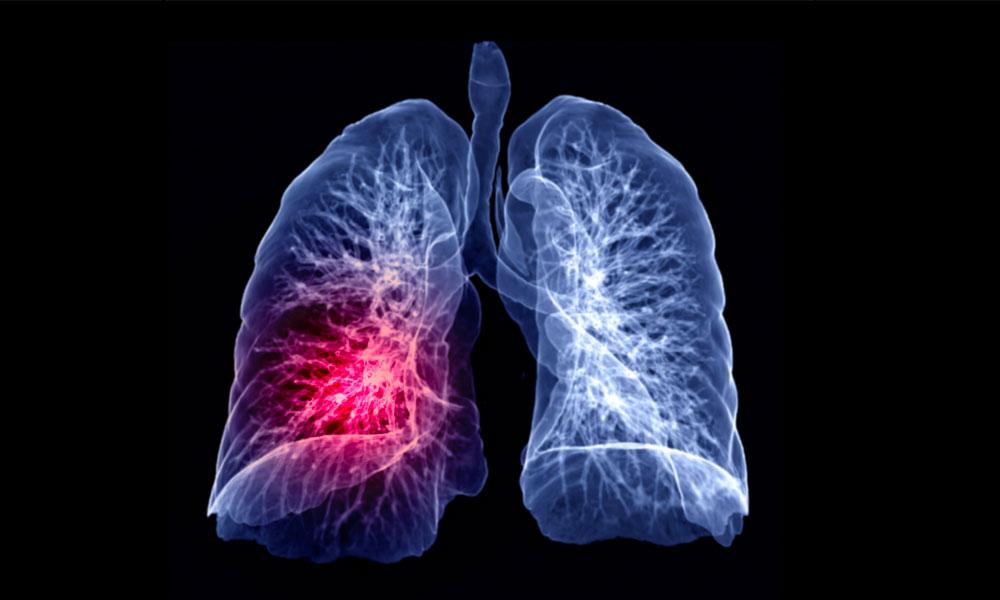About 72 percent of New Zealand (NZ) Long COVID sufferers work despite having the same life quality as severe cancer and multiple sclerosis patients—new research reveals—prompting calls for the Ministry of Health to offer more support,
After examining patients with remaining or developing COVID-19 symptoms, NZ’s Long COVID Registry released the results of its study on Nov. 1, in collaboration with Long COVID Support Aotearoa, the University of Auckland, and funding from the Ministry of Health.





